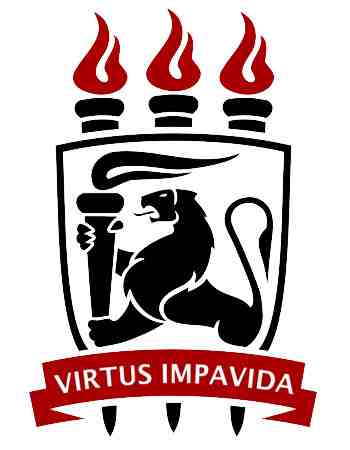| |
Tutorials and Workshop
Tutorial I
- Computer-Aided Composition - Formal Models and Software Technologies
for Contemporary Music Creation
Jean Bresson
Music Representation Team
IRCAM , Paris, France
bresson@ircam.fr
Outline:
The research topics of the Music Representations group at IRCAM are
centered around the formalization of musical structures and the
conception of related computer models. Through many years of
collaboration between scientists and musicians, the different projects
of the group gradually constituted an original conception of the
relations between music creation and computers. These projects resulted
in computer-aided composition environments integrating computing and
musical paradigms, used and shaped by a wide community of researchers
and composers. Various general areas regularly come between these
works, related for instance to the programming languages and paradigms,
human-computer interaction, to representation and computation levels in
musical structures, or to the modeling and representation of time in
music.
As a general framework for computer-aided composition research and
creation, it will be given an introductory overview of the OpenMusic
computer-aided composition environment. OpenMusic (OM) is a visual
programming language dedicated to music composition. This environment
allows composers to create programs graphically and to implement their
own musical models and approaches. Some concrete example will be given
of pieces written using OM to different extents.
The tutorial will then introduce more specific research directions and
projects, including computational analysis and the study of algebraic
structures in music, issues in the signal vs. symbolic musical
representation and the control of sound synthesis, computer-aided
orchestration, spatialization and symbolic interaction systems.
Through this presentation we try to emphasize a specific approach in
music research but most of all a promising network of relations to
other music technology areas such as digital signal processing, sound
spatialization or real-time systems.
Duration: 2-4 hours (may
be in one or two days, to be confirmed in final Program)
Public: The
tutorial is open to anyone interested.
Motivation:
The SBCM tutorial is one important academic event for on scientific and
technological updating for the Brazilian Computer Music community.
Presented usually by senior researchers, the tutorial offers the unique
opportunity for the Computer Music students, researchers and
professionals to be up-to-date in different topics with research area
leaders in the domain.
OpenMusic is designed and developed by G. Assayag,
C. Agon, J. Bresson.
Tutorial II
- Computer music meets video games
Giordano Cabral, MusiGames Studio / Daccord Music
Software
Outline:
Although a considerable part of computer music systems, specially
interactive musical systems, shares methods and problems with video
game titles, both from a conceptual and technical point of view, their
development models are clearly different.
The video game development cycle respects rules determined by an
extremely strong industry, therefore specific tools and requirements
appear. Game engines are widely spread, art quality is crucial, and
there is almost an obsession for the gameplay. Interactive systems, on
the other hand, usually follow an experimental model, looking for
innovation instead of public acceptance.
However, these two worlds started to strongly interact since
blockbusters appeared, like Guitar Hero, Rock Band, and Dance Dance
Revolution. Computer music expertise became worthy on the video game
market, but the video game tools and development models did not
conversely influenced the computer music community.
This tutorial starts from MusiGames Studio experience in developing
video game titles for multiple platforms (Nintendo Wii, Microsoft
Xbox360, Apple iPhone, PC/Mac). The company is a brand name of Daccord
Music Software, which has been developing music software for 9 years.
The tutorial will present some programming environments and tools to
game creation; the reasons to use game engines, their advantages,
drawbacks, and limitations; the creation of audio and signal processing
specific libraries; and how the music information retrieval technology
may contribute to create a new generation of musical games.
Duration: 1-2 hours
Public: The
tutorial is open to anyone interested.
Workshop -
Advanced Topics in Pure Data (Pd)
Miller Puckette
(to be defined soon in the final program)
|



